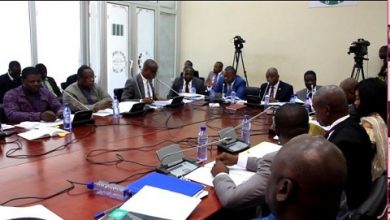
In response to requests from the International Monetary Fund (IMF) for the Bank of Ghana (BoG) to continue tightening monetary policy until inflation is firmly on a declining trajectory and to eliminate monetary financing of the budget, the Monetary Policy Committee (MPC) of the Bank of Ghana is meeting to decide the nation’s future monetary policy.
Such a stance will have a substantial impact on Ghana’s economy, with a continuation of the current course of action probably resulting in a further slowdown in economic growth.
Since the COVID-19 epidemic, the economy has been severely affected by a number of shocks, including currency devaluation, necessitating a tight balancing act between measures that promote growth and those that control inflation.
Inflation has risen sharply due to global inflation, adjustments in petroleum prices and utility tariffs, global food price increases, monetisation of the fiscal deficit, and large pass-through of exchange rate depreciation.
In December 2022 inflation reached 54.1 per cent, up from 12.6 per cent in the previous year – but has since marginally decreased to 53.6 per cent in January 2023, and further to 52.8 per cent in February 2023 before dropping to 45 per cent and 41.2 per cent in March and April 2023 respectively.




